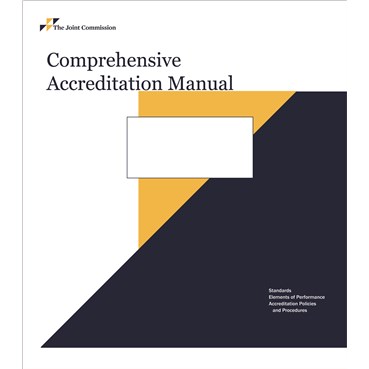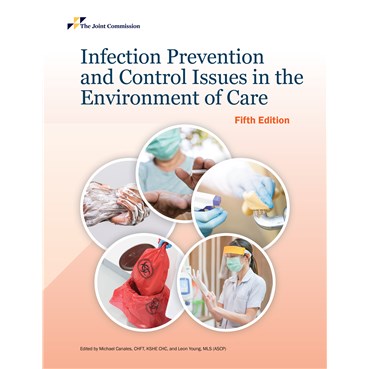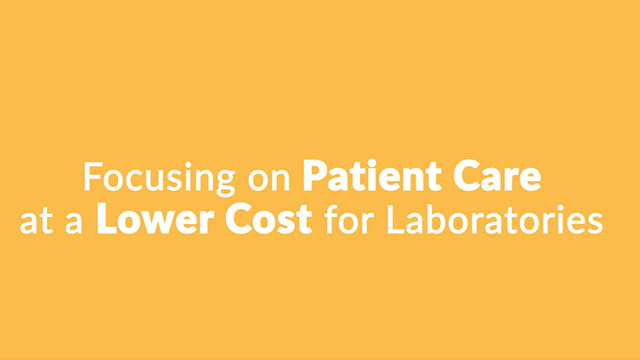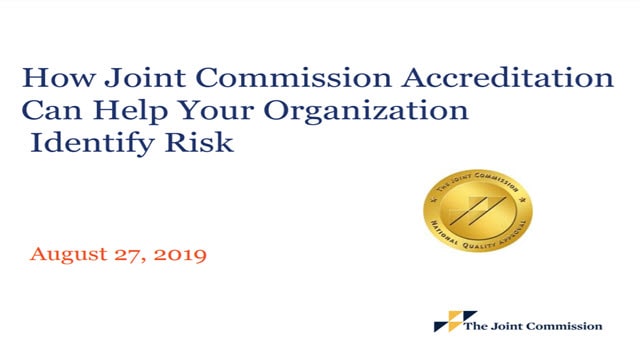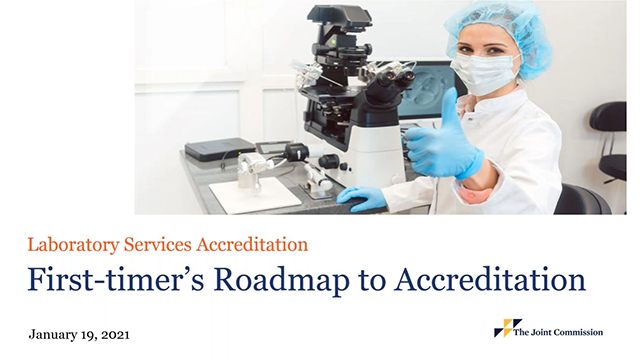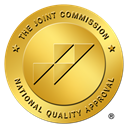Assess Your Eligibility
Determine Your Eligibility
Laboratories seeking Joint Commission accreditation must meet certain eligibility requirements. Your laboratory must:
- Operate in the United States or its territories. If your laboratory is outside the United States, it must be operated by the U.S. government or under a charter of the U.S. Congress.
- Have a facility license (if required by law), a Clinical Laboratory Improvement Amendments (CLIA) license or registration to conduct its scope of services.
- Demonstrate to a clinician reviewer or qualified CLIA designee that it continually assesses and improves the quality of its care and/or services.
- Identify the services it provides, indicating which care, treatment and/or services it provides directly, under contract or through some other arrangement.
- Provide services that can be evaluated by The Joint Commission’s standards.
Settings That Can Pursue Accreditation
The Joint Commission accredits laboratories that operate in a variety of settings, such as:
- Hospital laboratories.
- Reference and stand-alone laboratories.
- Point-of-care testing sites.
- In vitro fertilization (IVF) laboratories.
- Physician office laboratories.
- Ambulatory care laboratories.
- Anatomic pathology laboratories.
- Toxicology laboratories.
Testing Categories
Laboratory testing is divided into three categories (the final rules of CLIA enacted in April 2003 combine many requirements for moderate and high complexity and refer to them as “non-waived”):
-
Waived tests — simple procedures with little chance of negative outcomes if performed inaccurately.
-
Moderately complex tests — more complex than waived testing but usually automated, such as blood counts.
-
Highly complex tests — usually non-automated or complicated tests requiring considerable judgment, such as cross matching of blood.
For all tests not waived, CLIA requires an on-site survey or inspection by an approved agency, such as The Joint Commission.
CLIA regulations require that laboratory surveys be conducted every two years. This means that, if your laboratory is part of another Joint Commission accredited health care organization, your survey will not ordinarily take place at the same time as your health care organization’s triennial survey.




